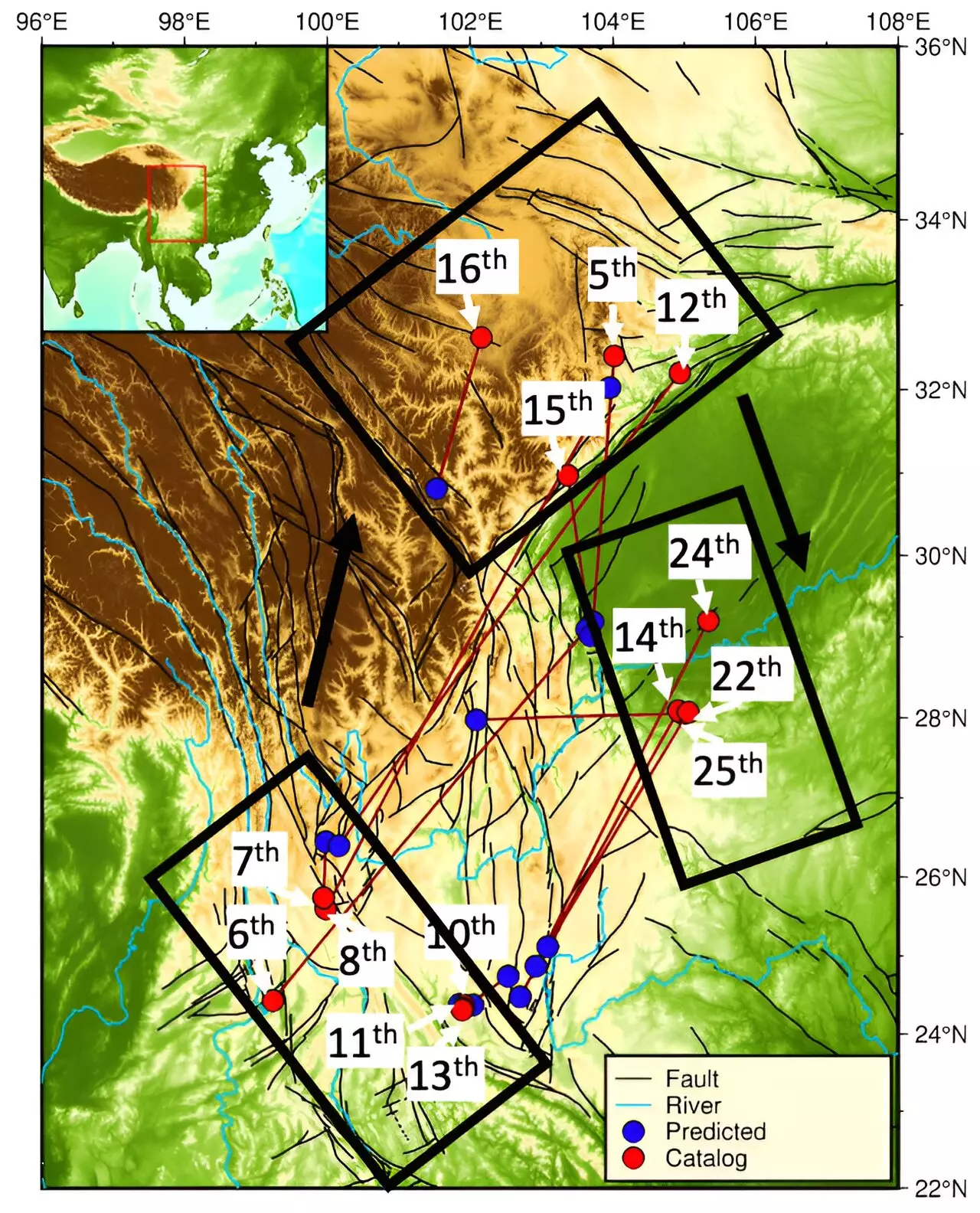The use of artificial intelligence (AI) in predicting earthquakes has raised hopes for the future of earthquake forecasting. Researchers at The University of Texas at Austin have developed an AI algorithm that showed promising results during a trial in China, correctly predicting 70% of earthquakes a week in advance. This breakthrough has significant implications for minimizing the impact of earthquakes on lives and economies.
The AI algorithm developed by the researchers at The University of Texas successfully predicted 14 earthquakes within about 200 miles of their estimated locations and at similar magnitudes. This breakthrough achievement was part of an international competition in China, where the UT-developed AI outperformed 600 other designs. The trial’s success indicates that AI has the potential to revolutionize earthquake prediction, although further research is needed to determine its effectiveness in other locations.
According to Sergey Fomel, a professor in UT’s Bureau of Economic Geology and a member of the research team, “Predicting earthquakes is the holy grail.” However, the successful trial demonstrates that what was once considered an impossible problem can now be addressed in principle. While global earthquake prediction remains a distant goal, the researchers’ achievements provide hope for future advancements in this field.
The researchers adopted a relatively simple machine learning approach, which contributed to the success of their method. The AI algorithm was trained on a five-year database of seismic recordings using a set of statistical features based on the team’s understanding of earthquake physics. By analyzing the background rumblings in the Earth, the AI was able to detect signs of incoming earthquakes and provide accurate forecasts.
The researchers believe that in regions with robust seismic tracking networks, such as California, Italy, Japan, Greece, Turkey, and Texas, the AI algorithm can achieve even higher success rates and narrow its predictions to within a few tens of miles. The next step involves testing the AI algorithm in Texas, where the state experiences a high rate of minor- and moderate-magnitude earthquakes. The Texas Seismological Network Program (TexNet), which hosts 300 seismic stations and over six years of continuous records, offers an ideal location for verifying the effectiveness of the AI algorithm.
The researchers aim to integrate their AI system with physics-based models in the future. This integration will be particularly beneficial in areas with limited data or regions where major earthquakes occurred before the advent of seismographs. By combining both data-driven methods and physics-based models, the researchers aspire to develop a generalized system that can be applied globally.
While it may take time to achieve a fully generalized system for earthquake prediction, each individual advancement, such as the success of the AI algorithm developed by the researchers at The University of Texas, contributes to the overall progress of the scientific field. Earthquake prediction remains a challenging task, but breakthroughs like these demonstrate the potential of AI in revolutionizing our understanding of and preparedness for seismic events.
The promising results obtained from the AI algorithm developed by researchers at The University of Texas highlight the potential of artificial intelligence in earthquake prediction. This breakthrough marks a significant milestone in the field and offers hope for minimizing the impact of earthquakes on both human lives and economies. With further research and integration of physics-based models, the goal of global earthquake prediction may eventually become a reality. Each advancement in this field brings us closer to a future where we can effectively anticipate and prepare for seismic events worldwide.


Leave a Reply